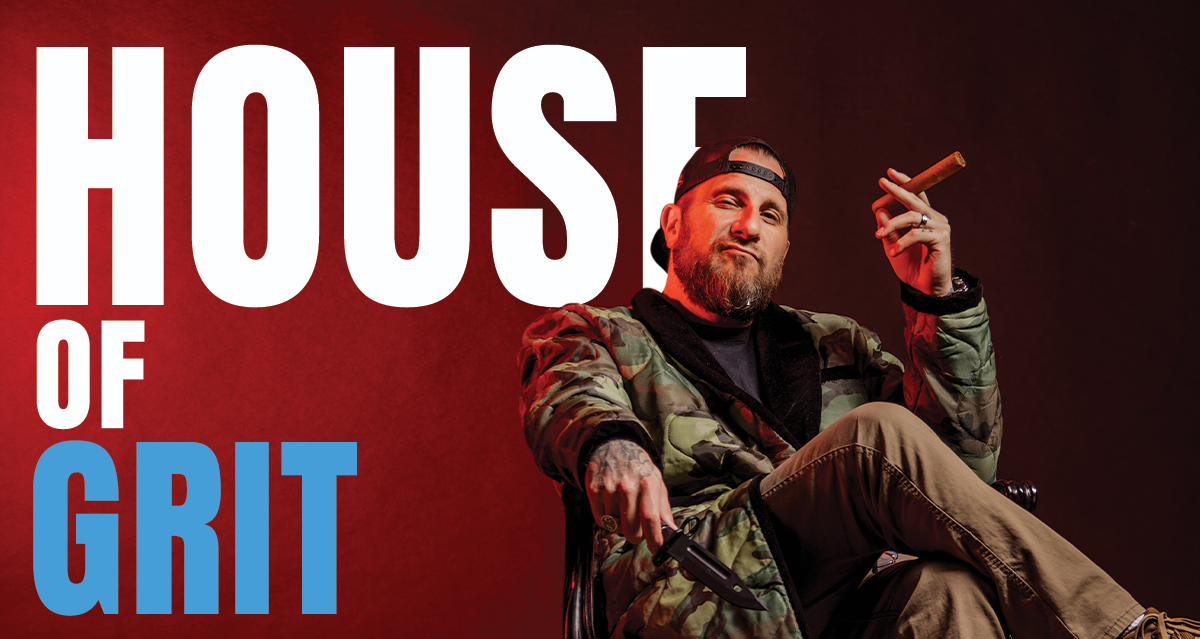Throughout history, alcohol has been a constant companion to soldiers, offering solace, camaraderie, and a temporary escape from the horrors of war. However, military leaders have often imposed alcohol bans to maintain discipline, prevent misconduct, and ensure operational readiness. Despite these restrictions, soldiers have always found creative ways to circumvent the rules, turning to ingenuity, resourcefulness, and sometimes outright rebellion to get their fix. Here are three real-world examples of how soldiers got around alcohol bans throughout history.
World War I - The Rise of “Hooch” and Homemade Brews
During World War I, many armies imposed strict alcohol bans to keep troops sober and focused. The British Army, for example, prohibited the consumption of spirits in the trenches, while the U.S. military enforced Prohibition-era rules that banned alcohol entirely for American soldiers.
However, soldiers quickly found ways to brew their own alcohol using whatever ingredients they could scavenge. In the trenches, troops concocted a potent drink known as “trench hooch,” made from fermented fruit, sugar, and sometimes even toothpaste or boot polish for added kick. The result was a crude but effective spirit that provided a much-needed escape from the grim reality of trench warfare.
One famous example comes from the Australian and New Zealand Army Corps (ANZAC), whose soldiers were known for their resourcefulness. They used empty artillery shells as makeshift stills to distill alcohol, earning a reputation for producing some of the strongest, and most dangerous, hooch on the front lines.
World War II: The “Raisin Jack” Phenomenon
During World War II, the U.S. military maintained strict alcohol bans, particularly for troops stationed in dry regions or aboard ships. However, American soldiers and sailors found ways to brew their own alcohol using rations and other available ingredients. One popular concoction was “Raisin Jack,” a potent wine made from fermented raisins. Soldiers would soak raisins in water, add sugar, and let the mixture ferment in canteens or other containers. The result was a sweet, high-alcohol beverage that could be produced almost anywhere, from the deserts of North Africa to the jungles of the Pacific.
Raisin Jack became so widespread that military authorities struggled to enforce the alcohol ban. In some cases, commanders turned a blind eye, recognizing that a little homemade wine could boost morale without causing significant problems. However, the drink’s potency sometimes led to disciplinary issues, prompting crackdowns on its production.
Vietnam War: The “Black Market” and Bootlegging
The Vietnam War saw some of the most creative efforts by soldiers to circumvent alcohol bans. The U.S. military prohibited the sale of alcohol to troops under the age of 21, but this rule was widely ignored. Soldiers turned to the black market, where local vendors and enterprising troops sold everything from beer to homemade rice wine.
One particularly infamous example was “Ba Mươi Ba” (33 Beer), a popular Vietnamese lager that became a favorite among American troops. Despite restrictions, soldiers found ways to acquire the beer through unofficial channels, often paying inflated prices. In some cases, they even traded military supplies, such as rations or ammunition, for alcohol.
Bootlegging also became a common practice, with soldiers distilling their own spirits using improvised equipment. One notorious example was “Jungle Juice,” a potent mix of fermented fruit, sugar, and whatever alcohol could be scavenged. The drink was often brewed in hidden stills deep in the jungle, far from the prying eyes of officers.
The Enduring Appeal of Alcohol in War
These examples highlight the lengths to which soldiers have gone to circumvent alcohol bans throughout history. Whether brewing hooch in the trenches, fermenting raisins in the desert, or trading for beer in the jungle, troops have consistently found ways to enjoy a drink, even in the most challenging circumstances.
The persistence of alcohol in military culture reflects its dual role as both a coping mechanism and a source of camaraderie. While military leaders have legitimate reasons for imposing alcohol bans, the ingenuity of soldiers in getting around these restrictions underscores the enduring human desire for connection and relief, even in the darkest of times.



%201.svg)











